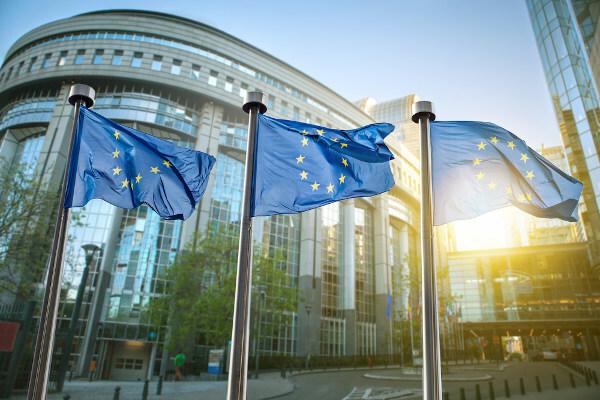From the growth of commercial transactions worldwide and the intense process of globalization of capital, goods and production itself, which are items directly linked to the dependence of countries, above all, of the poor in relation to the rich, need to create international organizations and financial bodies that can regulate economic and trade disparities existing in the world.
Although all countries sometimes act in full consent or together, the developed ones always manage to exercise pressure on those with less development, standing out according to their interests, this difference is extremely elastic.
Given these factors, it is relevant to implement an organization that assesses the relationships and that can look after the interest of countries that are under pressure and that, in several cases, are harmed.
In order to try to ease the process, the WTO (World Trade Organization) occupies a prominent place in the world scenario, on the same level as important international financial bodies such as the IMF and the Bank World. The WTO, created in 1995, is headquartered in Geneva, Switzerland.
In 2000, the WTO was made up of 142 countries, the body's purpose is to impose rules and norms to establish an understanding between countries and international institutions working in the field. economic.
Before the establishment of the WTO there was the GATT (General Agreement on Tariffs and Trade) which was implemented from 1947 to establish free trade, however, there was no consideration in in relation to the existing disparities between countries, in this way, all export and import taxes were equal, with that the fragile economies were not always able to prosper economically.
The biggest difficulties that the World Trade Organization encounters are related to protectionism, such as those that occur in France, which taxed all products agricultural, the insertion of taxes prevents the entry of goods of this nature, from other places, with this attitude the government aims to protect its producers.
In fact, the intention of developed countries is that customs barriers are removed, however, only for the entry of their products into other territories, in the opposite process they want to establish measures protectionists.
One of the organization's functions is to act as an intermediary, when two countries generate conflicts for commercial reasons, arising from protectionist measures on one side. A clear example of this process occurred in 2001, when the Canadian company Bombardier sued the WTO because it felt harmed, because, according to it, the company Brazilian Embraer is being funded or subsidized by the Brazilian government, so that this procedure goes against the rules implemented in the organization. In this case, the two companies fight for an extremely profitable market.
In this example, the WTO did not accept the Canadian company's request, that is, it rejected the request.
Do not stop now... There's more after the advertising ;)
Eduardo de Freitas
Graduated in Geography
Would you like to reference this text in a school or academic work? Look:
FREITAS, Eduardo de. "WTO"; Brazil School. Available in: https://brasilescola.uol.com.br/geografia/omc.htm. Accessed on June 28, 2021.

